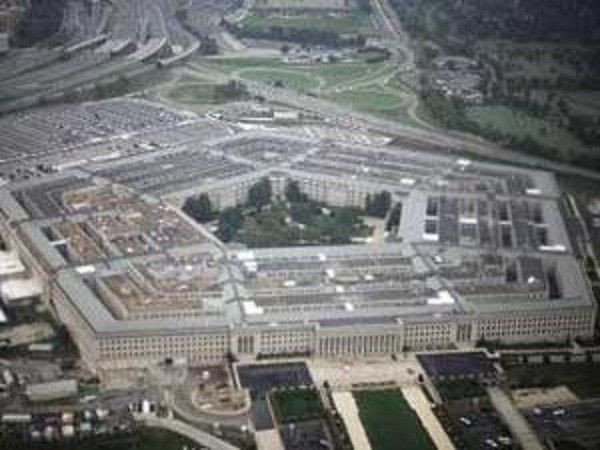NDAA Veto Threat: White House Rejects Provisions of House Defense Bill

The Obama administration threatened Tuesday to veto the House version of the National Defense Authorization Act set to pass later this week, identifying more than 30 problems with the measure. However, despite its multitude of concerns, the White House made no mention of a controversial provision in the law calling for the indefinite detention of suspected terrorists, without charge or trial.
While the administration is actively seeking the passage of the defense bill, in a Statement of Administration Policy it argued the House was encroaching on the authority of the executive branch. The proposal, authored by the House Armed Services Committee, would set military spending limits for 2013; the $642 billion bill exceeds the amount the House agreed to in last year's Budget Control Act by $8 billion.
House Republicans plan to offset that extra spending by cutting approximately $52.8 billion from the federal food stamp and Social Services Block Grant programs. Still, the proposed boost in military spending goes as much as $4 billion beyond the Pentagon's funding request for 2013.
The administration may object to several sections of the bill, but the veto threat stems from two particular provisions: one issuing restrictions on implementing the New START treaty and setting U.S. nuclear weapons policies, and another placing a slew of restrictions on how the president can jail and transport suspected terrorists, including enemies captured in combat and aboard naval vessels at sea.
Regarding nuclear weapons, the White House took issue with the House Armed Services Committee's attempts to limit its effort to implement the New START treaty. The agreement aims to reduce the number of strategic nuclear missile launchers in the U.S. and Russia by half, something the statement says the House's NDAA bill would complicate by setting onerous conditions on the president's ability to retire, dismantle or eliminate non-deployed nuclear weapons.
In its objection to the terrorism detainee section, the administration opposed the attempt to impose restrictions on transferring Guantanamo Bay detainees in the U.S. and overseas, in addition to new reporting requirements it says would micromanage the decisions of experienced military commanders and diplomats, threaten to compromise the executive's ability to act swiftly and flexibly during a critical time for transition in Afghanistan and could deter or jeopardize the success of effective foreign prosecutions.
The veto threat is an early attempt by the administration to influence the defense bill in Congress. The legislation is expected to pass in the House this week, and will then be taken up by the Senate next week in committee.
The massive budget and expenditure bill has attracted national attention over a provision allowing the U.S. military to detain and indefinitely hold suspected terrorists -- implicitly including U.S. citizens -- without charge or trial. While supporters argue the counter-terrorism measure is necessarily to shield the nation from potential terrorist threats, opponents say it is a gross violation of American civil liberties.
At least three amendments seeking to alter the indefinite detention provision have been submitted by House members for a vote. In its objection to detainee restrictions the White House did not acknowledge any problems with the indefinite detention section.
Some of the other notable items in the bill the administration said it was opposed to include: restrictions on same-sex marriage ceremonies occurring on military bases; the creation of a missile defense site on the East Coast; and proposed increases to TRICARE health care fees for retired Department of Defense employees.
© Copyright IBTimes 2024. All rights reserved.




















